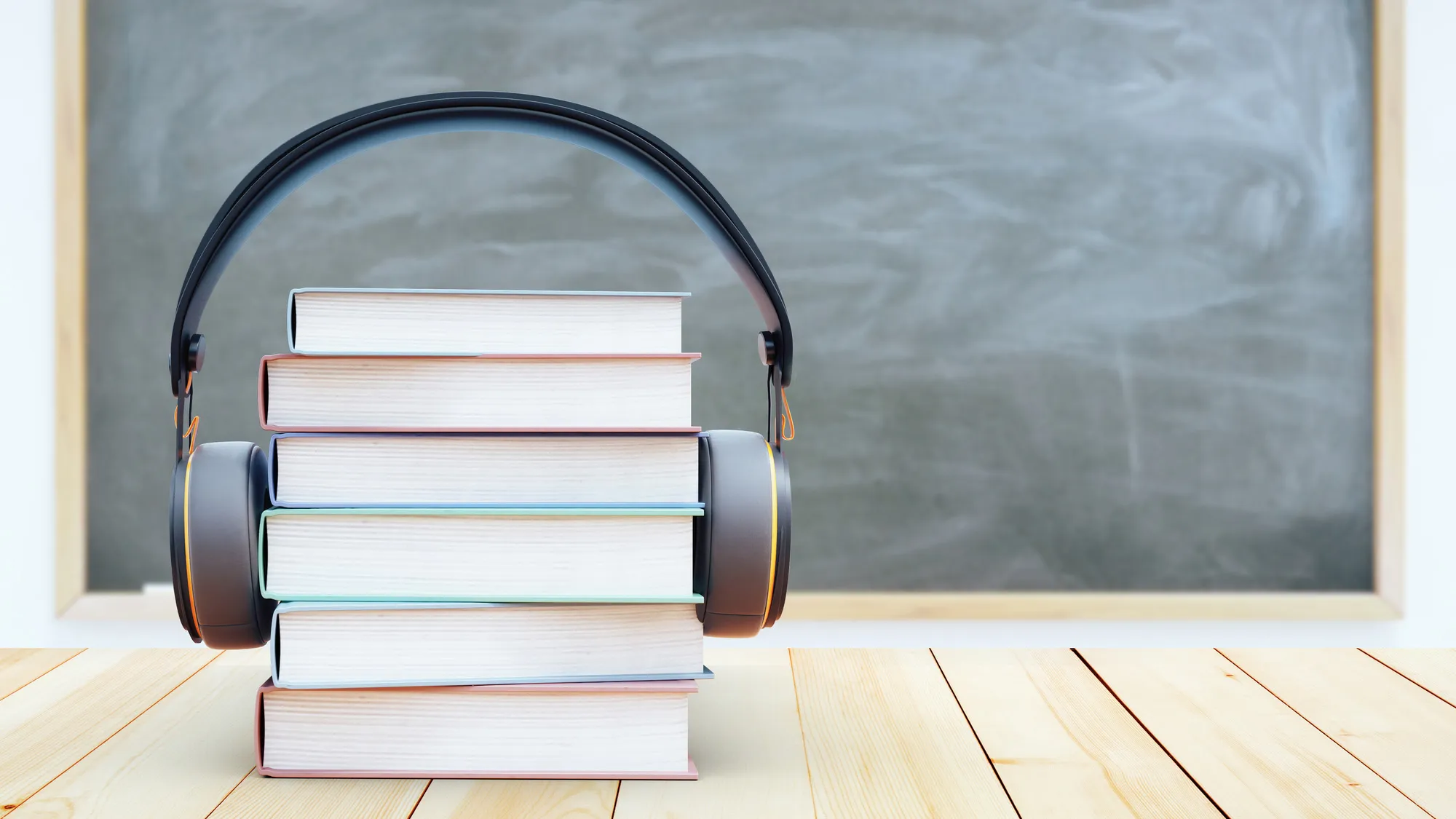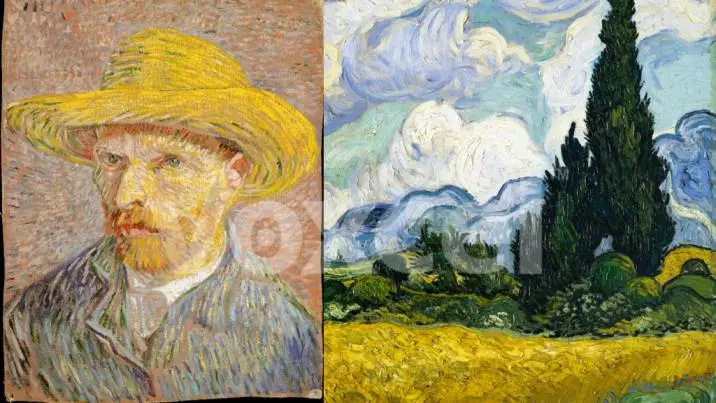- December 09, 2024
Empathy is a Skill: Transformative Practices Behind Connecting With Others
- September 06, 2022
- in Motivation

Empathy is a key ingredient in developing fulfilling relationships in your life. According to one study, relationship satisfaction was predicted by the perceived empathy of the other person. That means if your partner believes that you empathize with them, your partner is more likely to be satisfied with your relationship. Fortunately, empathy is a skill that can be developed and used in every area of your life. Here are some key practices that you can use to strengthen your ability to empathize with others.
Reading nonverbal communication
In a world where Zoom calls have taken over, more than ever, facial expressions make a big difference in how you communicate. When it comes to empathy development, being attuned to facial expressions and behavior is vital. Learning to read these cues allows you to understand or tap into how someone may be feeling without verbally communicating. Training yourself to pay attention to other people’s faces and body language will help increase your awareness of the situation and your relationships. However, keep in mind that reading these cues isn’t an invitation to make assumptions about what the other person is feeling. They simply give you the opportunity to open a dialog about what the other person could be experiencing.
For example, if you’re at work and you see a colleague talking fast, staring at their screen without moving, or notice their fingers twitching, there’s a good chance that they’re experiencing some kind of stress. Recognizing this allows you to step in and help in some way.
Another great example is asking kids how their day went when they’ve finished school. If you don’t look at their nonverbal communication and only listen to what they say, then you can miss the opportunity for a real conversation. Whether a child has a good day or a bad day, they’re likely to tell you everything was fine or okay. By paying attention to their nonverbal communication, you can ask yourself how to best support them and learn more about what’s going on in their lives to deepen your bond with them. For example, are they looking down at the ground when they are talking to you and you can sense that they aren’t feeling great about something? This idea also applies to significant others.
To implement this into your life, make a habit of looking at the faces of the people you’re talking to and reading their body language. Practice reading a room when you walk into it. The more you stay present with whomever you’re interacting with, the more your empathetic skills will develop. This will help you in all areas of your life, including first time interactions with people.
“Empathy is simply listening, holding space, withholding judgment, emotionally connecting, and communicating that incredibly healing message of you’re not alone.” – Brene Brown
Exchanging nonverbal communication
Recognizing nonverbal communication is vital. It’s just as important to intentionally communicate your empathy for others nonverbally. The look on your face, the way you nod your head, and the way you reach out to touch someone all convey whether you’re understanding them or not. To be clear, these ways of non-verbally communicating all need to be done with genuine interest or concern. This matters in all aspects of your life.
The primary way to practice this form of empathy is to be present with the people around you. When you’re in conversation with someone, pay attention to them instead of trying to split your focus between screens and tasks. If you cannot give the other person the attention they need, let them know that you’ll speak with them later so that you can be fully present for the conversation. Here’s why that’s important.
Have you ever had a conversation with someone where you were being vulnerable and all of a sudden they started laughing or got a surprised face that didn’t align with what you were saying? Then when you asked what their face was about, the answer was that they got a message or saw something on their phone. The message communicated in that exchange is that their distraction was more important than your emotion or what you needed to communicate. If you’re already being vulnerable, that can be hurtful. It’s important to make an effort to put your phone down where it won’t be a distraction.
When you’re more present for conversations, you’re able to spot problems and solutions faster, you bring more connectedness to the relationship, and you build more trust with others. This also helps you to become someone that other people respect and follow, while helping you de-escalate problems before they get out of hand.
Empathizing through stories
Studies have shown that reading fiction makes people more attuned to the emotions of others. This is likely because when you read, it activates your imagination and emotions at the same time. You experience an imaginary world with all of your senses, which gives you the opportunity to step into the emotions of the characters. This is great practice for tapping deeper into a dialogue that people have with you, especially since people tell all kinds of stories about their lives. Whether someone is trying to entertain you with a funny story from their past, connect with you by sharing a vulnerable truth, or trying to teach you something important using analogies, being able to connect with what someone is telling you helps to strengthen your capacity for empathy.
“Empathy is the ability to step outside of your own bubble and into the bubbles of other people.” – C. Joybell
Staying present fosters empathy and connection
Sometimes, applying mindfulness breathing exercises before you walk into a situation can help you to be completely present and deepen your ability to empathize. Focusing on your breath enables you to be here and now. It is a great way to transition from one activity to another especially walking into important conversations or meetings. Fostering your ability to relate on a deeper level can become your most valuable skill in connecting, bridging and actualizing in your relationships with people.





